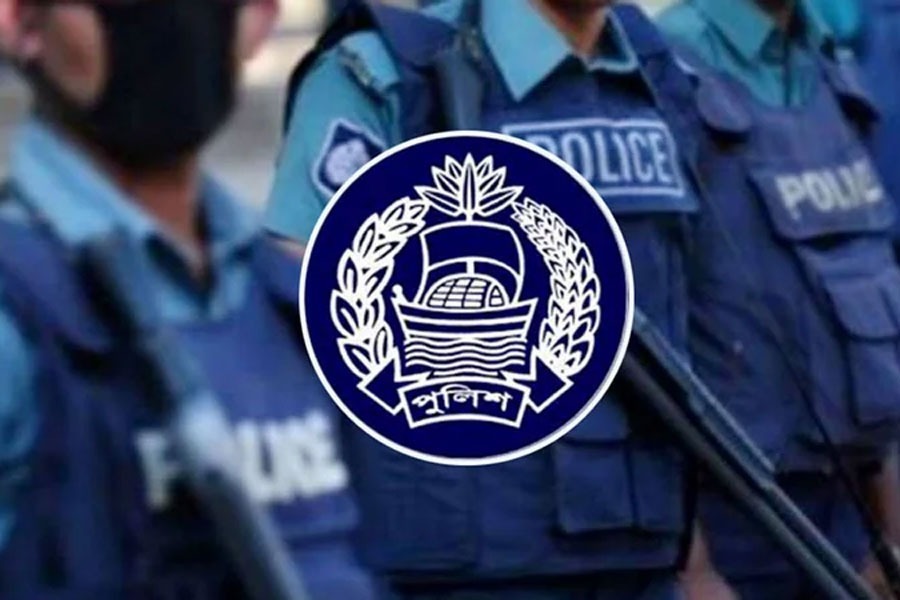
Published :
Updated :

Miscreants gunned down a political worker reportedly belonging to the youth wing of the Bangladesh Nationalist Party (BNP), named Golam Kibria, on Monday (November 17) evening from Pallabi area in the city, unchallenged either by the watching public or any law-enforcer. Evidently, this is a tragic commentary on law and order obtaining in the city since long. Sadly though, Kibria has been just another victim in a series of similar killings taking place in the city in broad daylight passively watched by onlookers and, to all appearances, in absence of law enforcers. And in about every case of these killings, the police have been found to act after, not before, the tragedy had taken place. The CCTV footage at the scene of the murder, in most cases, helped the police to identify and track the felons.
But since the next general election is around the corner and turf war among rival groups of different kinds increases during such times, the police are expected to be more proactive than reactive and have the necessary intelligence to prevent such killings before they happen in the first place. So, despite the police's commendable success in tracking and arresting some of the killers, the general public would like to be reassured with the knowledge thar the police force can outsmart the miscreants, not the other way around.
The Dhaka Metropolitan Police (DMP), in this connection, is learnt to have told the media that in the last 10 months of this year, 198 murders have occurred, which is equivalent to about 20 killings a day. Even for a megacity with such a large population like Dhaka, this is not a small figure when it comes to counting the number of felonies being committed in a day. And there is also no room for complacency either, believing that it is within the tolerable limit s as some in the police would like to think, according to some reports. In this connection, one may take into consideration the country's average of nine homicides a day as recorded last year, according to some reports, taking place across the country including the most violent days of student-led uprising during July and August. And over the last decade, countrywide, this figure ranged between nine and 10 homicides a day, going by those reports. Notably, every homicide is not a murder, since murder involves killing someone with intent. From that point of view, the capital city's daily count of murders is rather on the higher side.
There might be more than one factor at play. Since most of the police stations in the city as elsewhere in the country were not functional as a result of widespread violence involving attacks on thanas in the wake of the July uprising, on many occasions, people went to the police stations to file cases against homicides that took place last year (2024) after things settled down in 2025. That might have led to this apparent rise in the average figure of daily homicides in the current year. But such explaining is not going to dispel fears and anxieties in the public mind about their safety in day-to-day lives. As a consequence, many are not willing to file cases with the police even after being threatened or attacked by criminals. And just watching incidents of gruesome murder happening before them without coming to the aid of the victim (s) is yet another case in point. Some experts on social psychology would like to call it a kind of withdrawal syndrome on the part of victims believing that would guarantee them safety. But the fact remains that it only emboldens criminals to commit violent crimes with impunity. The police must take responsibility and play its role to hold criminals to justice to reassure the common people about their safety.


 For all latest news, follow The Financial Express Google News channel.
For all latest news, follow The Financial Express Google News channel.